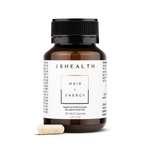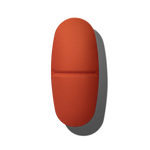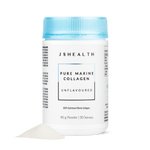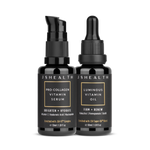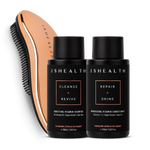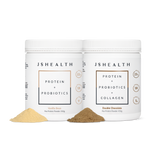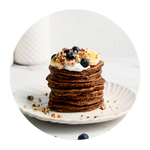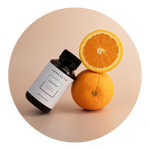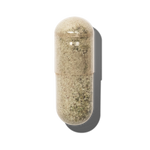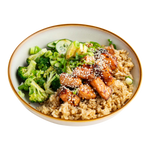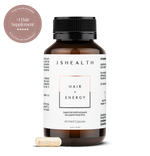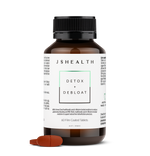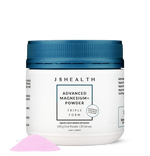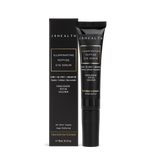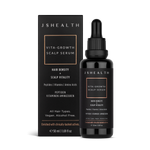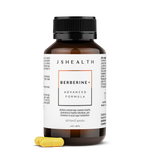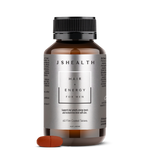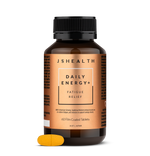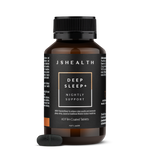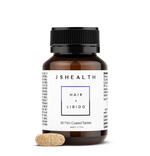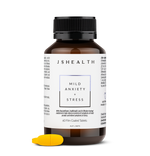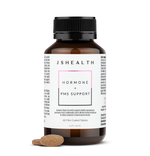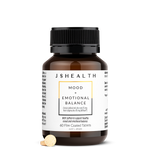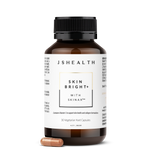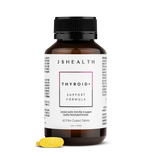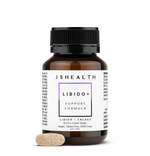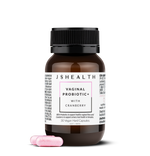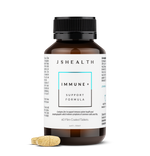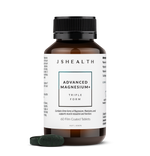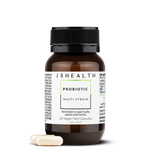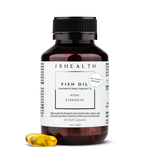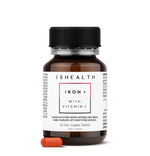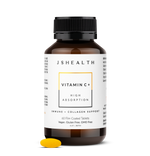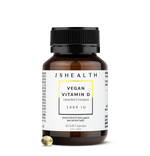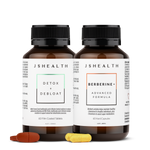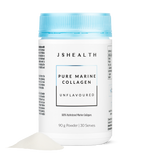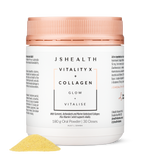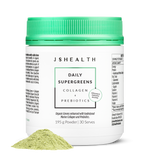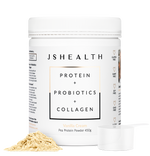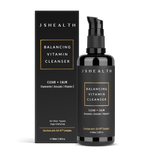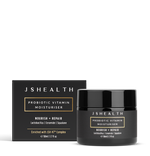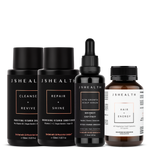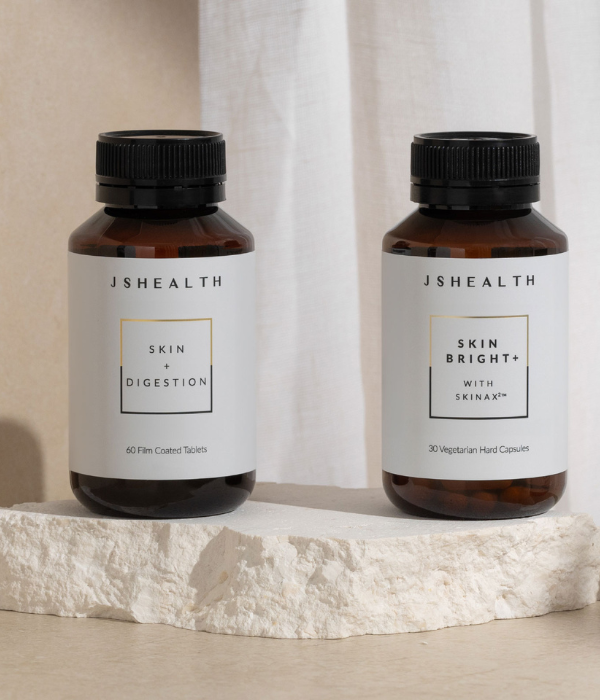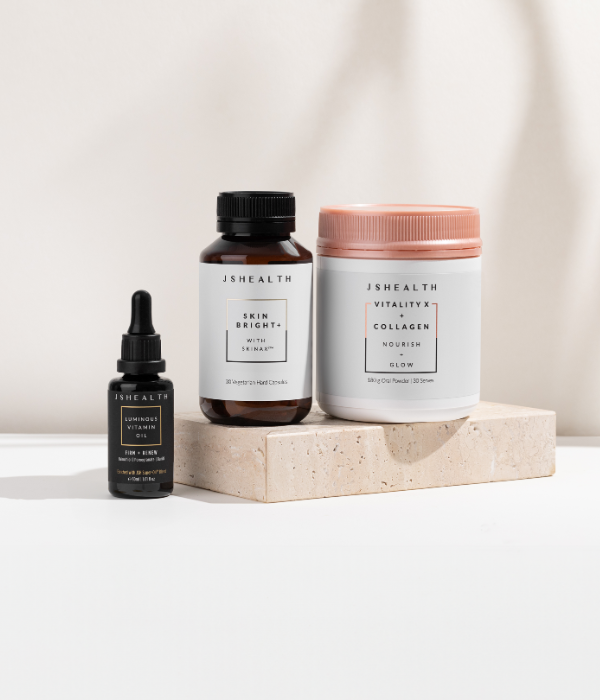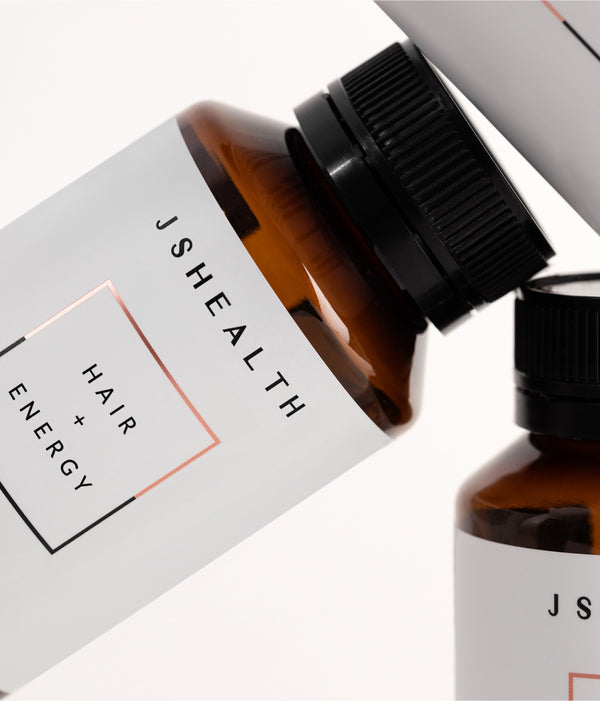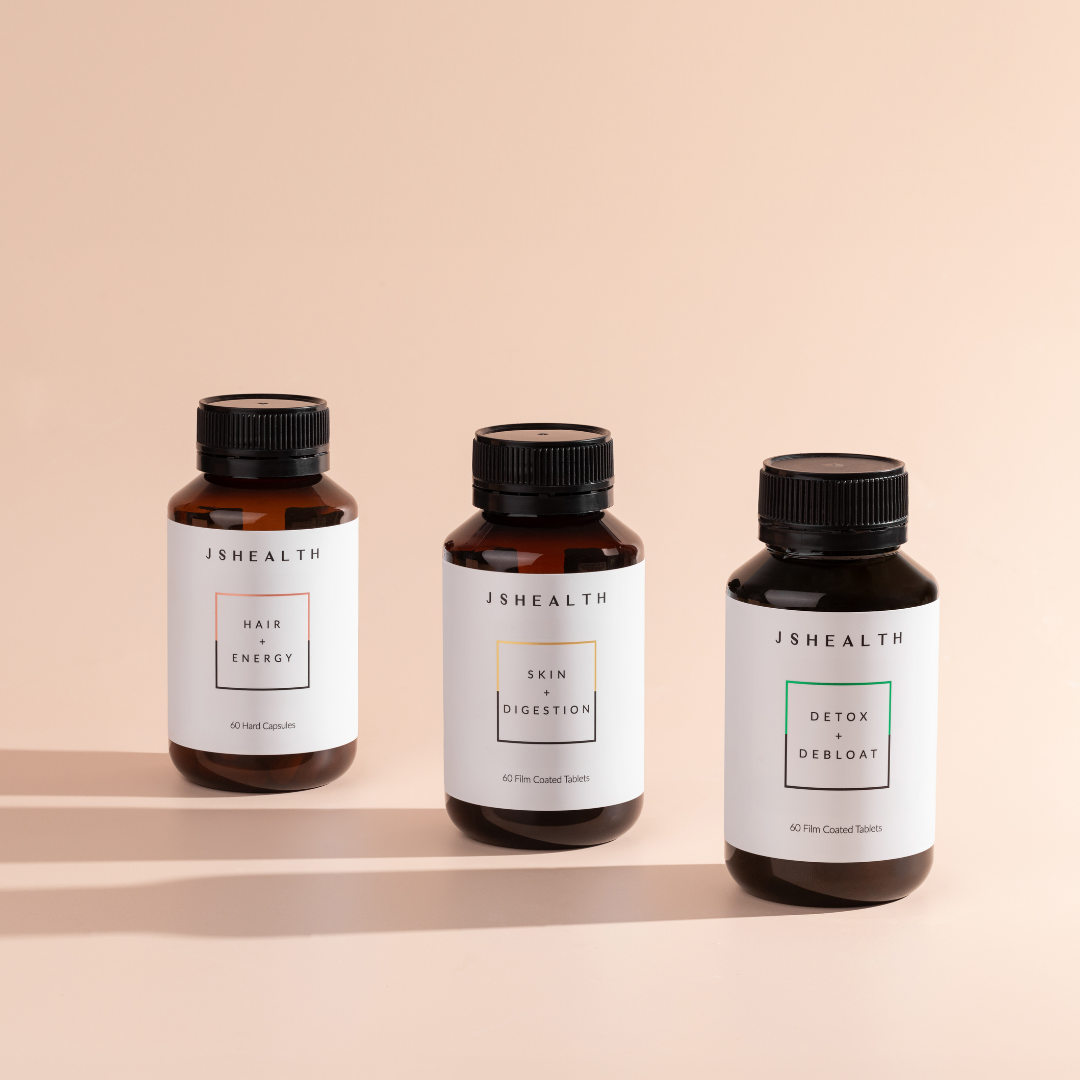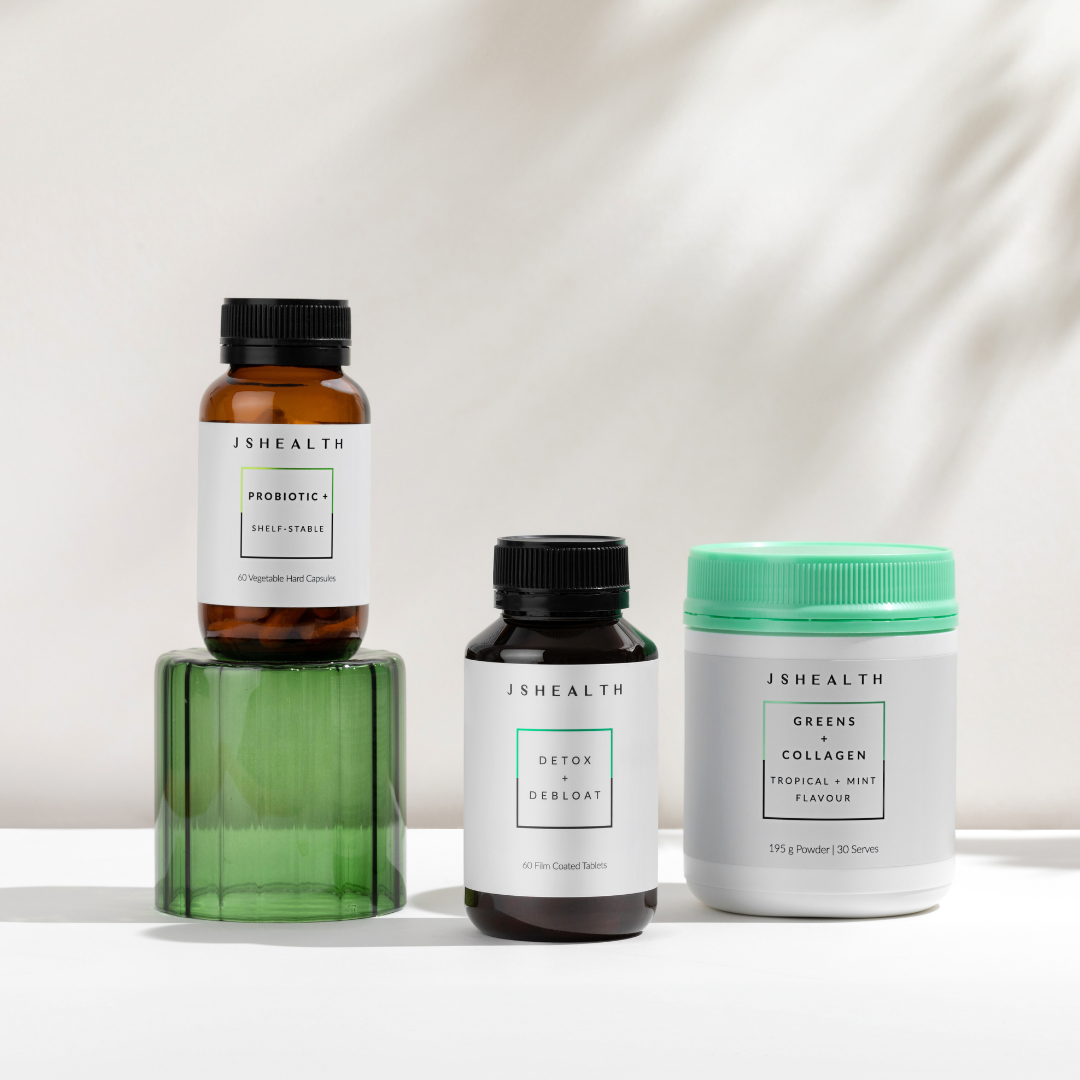15 Prebiotic Fibre Foods To Boost Your Gut Health
Balance: it’s essential not just in our day-to-day life, but within our bodies as well.
Our gut, often termed as our body's "inner sanctum," doesn’t just digest food — it influences numerous aspects of our wellbeing, from mood to immunity. If we think of our gut as a garden, prebiotics are the nourishment that help our good bacteria flourish.
Here are 15 foods brimming with prebiotic fibres that act to bolster the wellbeing of our gut and digestive system.
Understanding Prebiotics
So, what exactly are prebiotics? Prebiotics are the prime food sources for these beneficial bacteria, ensuring they remain active and flourish.
They're different from probiotics, which are live bacteria we intake through foods like yoghurt. Instead, prebiotics are non-digestible food components found naturally in various fruits, vegetables and grains.
When we nurture the gut's good bacteria with prebiotics, they, in turn, produce compounds that create a conducive environment for the gut. This not only aids in digestion but also influences aspects of overall health, such as the immune response, nutrient absorption and even mood regulation.
And the ripple effect of this care is felt throughout our body. A harmonious gut can result in improved digestion, fewer episodes of bloating and even a positive boost in our mood. With this foundational knowledge in place, let's unwrap the list of 15 powerhouse foods that can act as game-changers for gut health.
The Powerhouse 15: Foods Rich in Prebiotic Fibre
The symbiotic relationship between prebiotics and probiotics plays a pivotal role in maintaining gut health. Probiotics are beneficial bacteria in the gastrointestinal tract, and prebiotics are the dietary fibres that nourish them.
It's like thinking of the gut bacteria as plants, with prebiotic foods being their essential fertiliser. What are the best sources of this nourishing prebiotic fibre?
Let's uncover the top 15:
1. Jerusalem Artichokes
Often overshadowed by its popular cousin, the potato, Jerusalem artichokes are a prime source of inulin. This soluble fibre aids gut bacteria in producing butyrate, a short-chain fatty acid that can fortify the walls of the intestines and bolster overall health. Plus, they can seamlessly be added to soups and stews.
2. Leeks
These members of the allium family, alongside garlic and onions, are not only flavour-packed additions to meals but are also rich in fructans. Fructans are a carbohydrate with remarkable prebiotic effects, offering sustenance for beneficial gut bacteria like lactobacillus and bifidobacteria.
3. Dandelion Greens
These aren't just for floral bouquets. Dandelion greens are rich in dietary fibre and antioxidants, and can be used in smoothies or sautéed as veggies. They contain a generous amount of inulin and offer support to a healthy gut microbiome, reducing bloating and aiding bowel movements.
4. Chicory Root
A common coffee substitute, chicory root is abundant in beta-glucan and inulin. Not only does it support gut health, but its prebiotic fibre also aids in controlling blood sugar and cholesterol levels.
5. Whole Grains
Oats, barley and many cereals contain beta-glucan, a soluble fibre with potent prebiotic effects. When consumed, they fuel our good gut bacteria and stimulate the release of beneficial enzymes in the digestive system.
6. Flaxseed
Beyond being a source of healthy fats and antioxidants, flaxseed is rich in pectin. This soluble fibre can support weight loss and feed our gut microbiota, promoting a harmonious environment in our gastrointestinal tract. It's an excellent addition to cereals, stews and smoothies.
7. Jicama
This root vegetable, often overlooked, is a reservoir of inulin and vitamin C. It's crunchy, refreshing, and an excellent source of prebiotics. Its anti-inflammatory properties can also be a greatly beneficial for immune function.
8. Lentils
Legumes like lentils are a treasure trove of proteins and rich in galacto-oligosaccharides (GOS). GOS can stimulate the growth of healthy bacteria like bifidobacteria, improving digestive health and relieving constipation.
9. Chickpeas
Just like lentils, chickpeas or garbanzo beans are a rich source of resistant starch. This type of carbohydrate resists digestion in the upper gastrointestinal tract and becomes food for gut bacteria in the colon, producing short-chain fatty acids like butyrate. Chickpeas are a versatile ingredient with potent prebiotic benefits, whether in stews, soups or salads.
10. Onions
Rich in fructooligosaccharides (FOS) and soluble fibre, onions are fundamental in supporting gut health. Consuming them can aid in the growth of beneficial bacteria like lactobacillus, enhancing the immune system and overall wellbeing.
11. Asparagus
A garden favourite, asparagus is not just delicious but also a rich source of inulin. This prebiotic fibre can support the growth of beneficial bacteria, potentially leading to improved digestion. Whether grilled, steamed or added to salads, asparagus is a must-add to any gut-friendly diet.
12. Garlic
This aromatic staple, besides its flavour-enhancing properties, acts as a robust prebiotic agent. It's rich in fructooligosaccharides (FOS) and has been linked to promoting healthy bifidobacteria in the gut. But remember, it's most potent when consumed raw or lightly sautéed.
13. Bananas
While ripe bananas are loved for their natural sweetness, slightly green or underripe bananas are high in resistant starch, a type of prebiotic fibre. They can be a sweet treat that also nourishes the beneficial bacteria in your gut.
14. Cacao
The primary ingredient in dark chocolate, raw cacao, is surprisingly beneficial for gut health. It's packed with flavonoids metabolised by your friendly gut bacteria, turning them into anti-inflammatory compounds. So, if you're a chocolate lover, this is good news. Opt for dark chocolate with high cacao content for best results.
15. Apples
An apple a day might indeed keep the doctor away, especially when we think about gut health. Apples are rich in pectin, a natural prebiotic that promotes the growth and function of helpful gut bacteria. Plus, they're also high in flavonoids that have been shown to positively impact gut microbiota.
Optimising Your Diet with Prebiotics
Harnessing the benefits of prebiotics involves more than just incorporating a few superfoods into your diet. It's about a holistic approach, ensuring our digestive system and its myriad microorganisms, known as the gut microbiota, function in harmony.
Here are some personalised tips to help you weave these prebiotic-rich foods effectively into your daily regimen:
- Start Gradually: Introducing a high amount of dietary fibre can cause bloating or discomfort. Ease into it. For instance, if you’re introducing lentils, start with a small portion and progressively increase.
- Diversify Your Intake: Different prebiotics promote the growth of varied beneficial gut bacteria. For a balanced gut microbiome, utilise a mix of the foods mentioned. Think chickpeas one day, leeks the next, and perhaps some dandelion greens in your smoothie the day after.
- Incorporate in Multiple Meals: Don't confine prebiotics to just one meal. Sprinkle flaxseed on your morning cereal, add some jicama sticks to your lunchtime salad, or consider a Jerusalem artichoke soup for dinner.
- Stay Hydrated: Increasing your fibre intake necessitates greater water consumption to aid the digestive system. Ensure you’re drinking enough water throughout the day.
- Pair With Probiotic Foods: While prebiotics nourish your good bacteria, probiotics introduce new ones. Foods like yoghurt, fermented veggies and kefir can complement your prebiotic intake.
- Consult a Dietitian: Personal needs vary. A dietitian can offer tailored advice, ensuring you're reaping the most from these foods without compromising your overall wellbeing.
- Cook Wisely: Some prebiotic foods, like onions and leeks, can lose their potency when overly cooked. Aim for minimal processing — lightly sautéing or steaming is often best.
- Read Labels on Supplements: While natural food sources are optimal, if you’re considering prebiotic supplements, ensure they don’t contain additives that might negate their benefits. Remember, supplements should complement, not replace, real food.
- Mind Your Gut Reactions: Pay attention to how your body responds. If certain foods cause discomfort, it might be worth reducing the amount or seeking an alternative source.
- Understand the Differences: Prebiotics, probiotics and postbiotics — it can get confusing! Ensure you’re clear on their unique benefits. Prebiotics nourish your gut bacteria; probiotics are the bacteria themselves, and postbiotics are the beneficial compounds they produce.
- Limit Counteractive Foods: Just as there are foods that bolster gut health, others, like those high in sugar or certain artificial additives, can be detrimental. While indulging is fine, consuming such foods in moderation is wise.
- Educate Yourself: The world of gut health is vast. Dive deeper into understanding how various fibres, from pectin to fructans, impact your gut. Being well-informed will enable better choices.
- Embrace Whole Foods: Beyond the highlighted prebiotic sources, a diet rich in a variety of whole foods — from fruits to veggies and whole grains — generally fosters a robust gastrointestinal tract.
With these guidelines, you're well-equipped to craft a nurturing environment for your beneficial gut bacteria. Remember, everyone's digestive system is unique. It's about discovering what harmonises with your body’s internal rhythm.
Wrapping Things Up
In the vast realm of nutrition, prioritising our gut health emerges as a pivotal chapter. The foods brimming with prebiotic fibre nourish our gut's beneficial bacteria and support our holistic wellbeing.
By incorporating these 15 powerhouse foods into our diet, we make a personalised commitment to a healthier digestive system and, in turn, a more vibrant life.
As we continue our journey towards optimal health, let's remember to celebrate the small choices that lead to significant impacts. Here's to a balanced gut and the joys it brings to our daily lives!
Sources:
What Are Prebiotics and What Do They Do? | Cleveland Clinic
